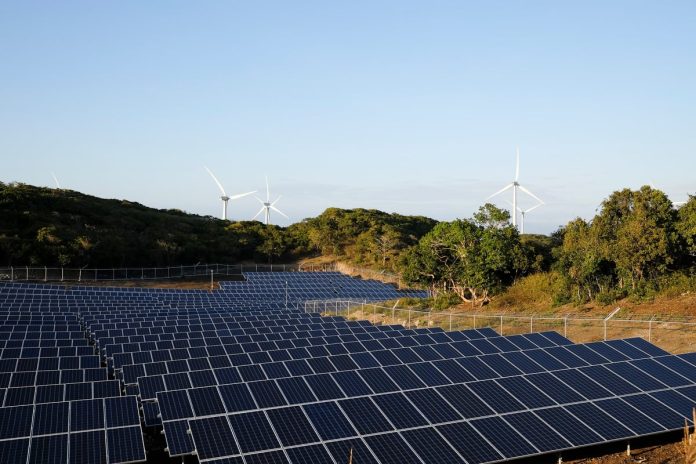We have been collaborating on a compelling report with partners in the environmental, union, and industry sectors. The resulting report, titled “Forging Our Future,” outlines a blueprint for Australia to establish a Green Iron industry. Investing in Green Iron is seen as a solution to key challenges Australia is facing, offering several benefits:
Benefits of Green Iron:
- Green Iron contributes significantly to climate action by reducing emissions from the global steel industry.
- It provides a new employment avenue for workers currently in fossil fuel-related industries.
- It serves as a major economic stimulant with lasting effects.
- It addresses the issue of exporting renewable energy by using it domestically to convert iron ore into a green resource for export.
- It focuses investment on renewable energy development at a scale that can decarbonize existing electricity grids and industries.
Green Iron is envisioned to play a crucial role in both reducing carbon emissions and offering economic opportunities for Australia. Failing to act on Green Iron could pose economic risks for the country.
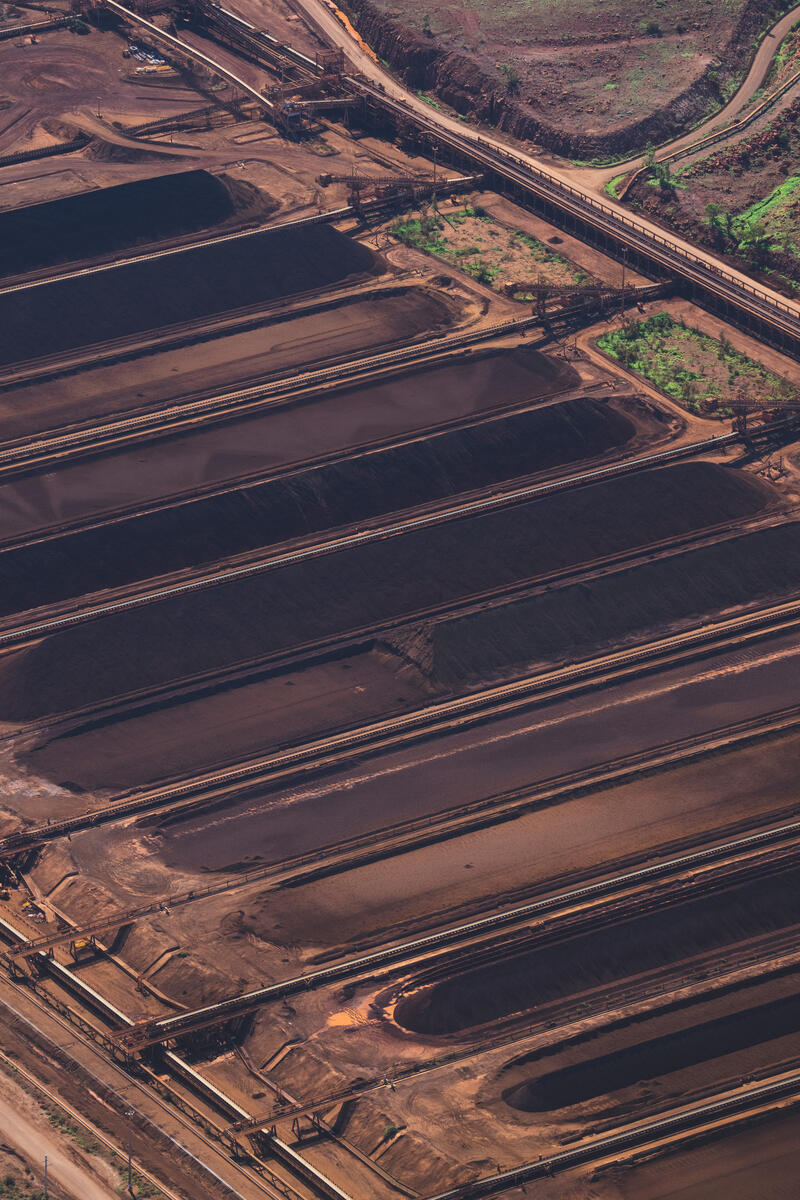
Why Australia should opt for Green Iron?
Due to its significant contribution to global emissions through coal and gas exports, Australia has an opportunity to shift its role from fossil fuel exporter to clean energy provider. Green Iron production is emerging as a leading option for Australia to make this transition.
What is Green Iron?
Green Iron refers to iron that has been processed using renewable energy sources. By combining Australia’s iron ore resources with renewable energy production capabilities, Green Iron creates a valuable product for global steel production while reducing greenhouse gas emissions.
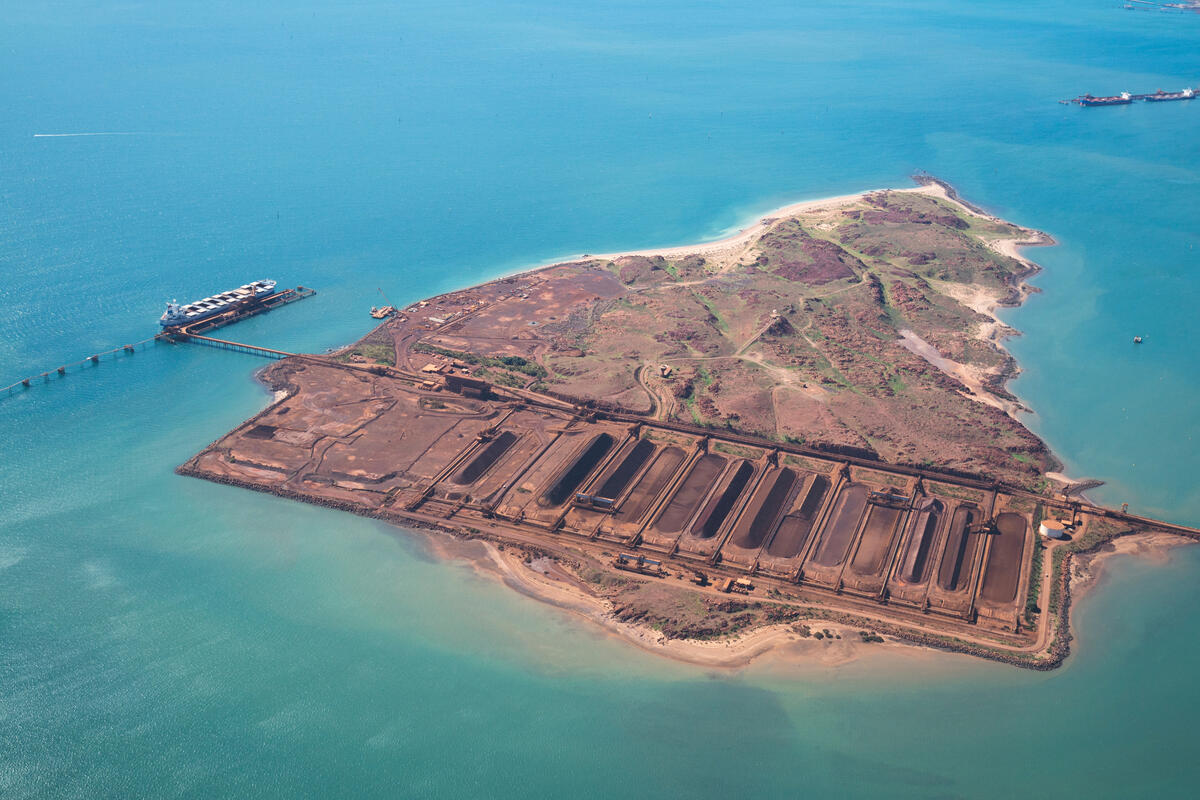
How would green iron production work in Australia?
The current steel production process is a significant contributor to climate change, particularly the iron-making phase which relies on high heat blast furnace fueled by gas or coal. If Australia focuses on the energy-intensive iron refining process, powered by renewable sources, it could create jobs, boost the economy, and lead to a substantial reduction in global emissions.
Most of the Green Iron potential lies in Western Australia (WA), prompting recommendations for the WA State Government to implement policies that support large-scale renewable energy development. WA has the opportunity to become a leader in renewable energy, especially in industries like Green Iron.
To meet global emission reduction goals, WA must embrace renewable energy-based industries like Green Iron.
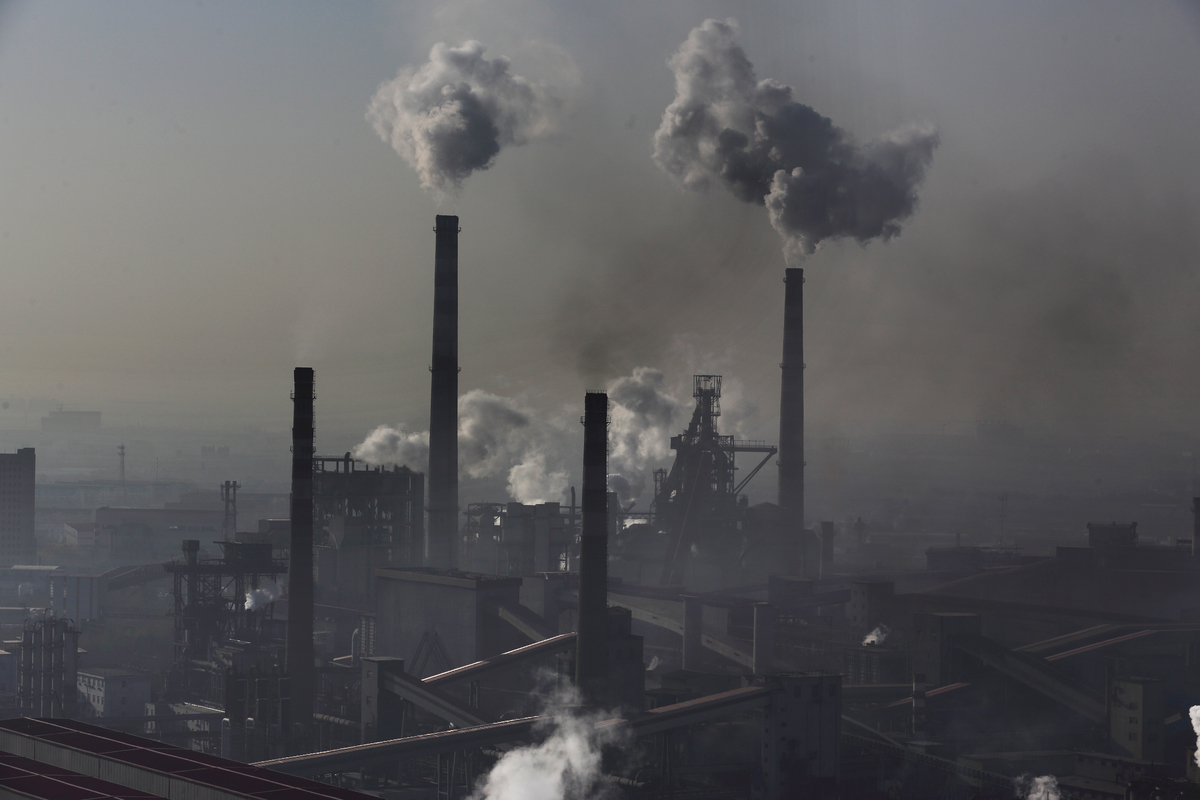
Key export markets are at risk if we don’t act on Green Iron
As the world accelerates decarbonization efforts, Australia’s major exports, coking coal and iron ore, face declining demand due to their role in global steel production. The majority of Australia’s iron ore may not meet the quality standards for green steel technologies, posing a risk to the country’s export industry.
The “Forging Our Future” report warns that Australia’s iron ore exports may lose competitiveness in the global market, jeopardizing a $136 billion industry. To address this risk, Australia must prioritize Green Iron and implement recommended actions.
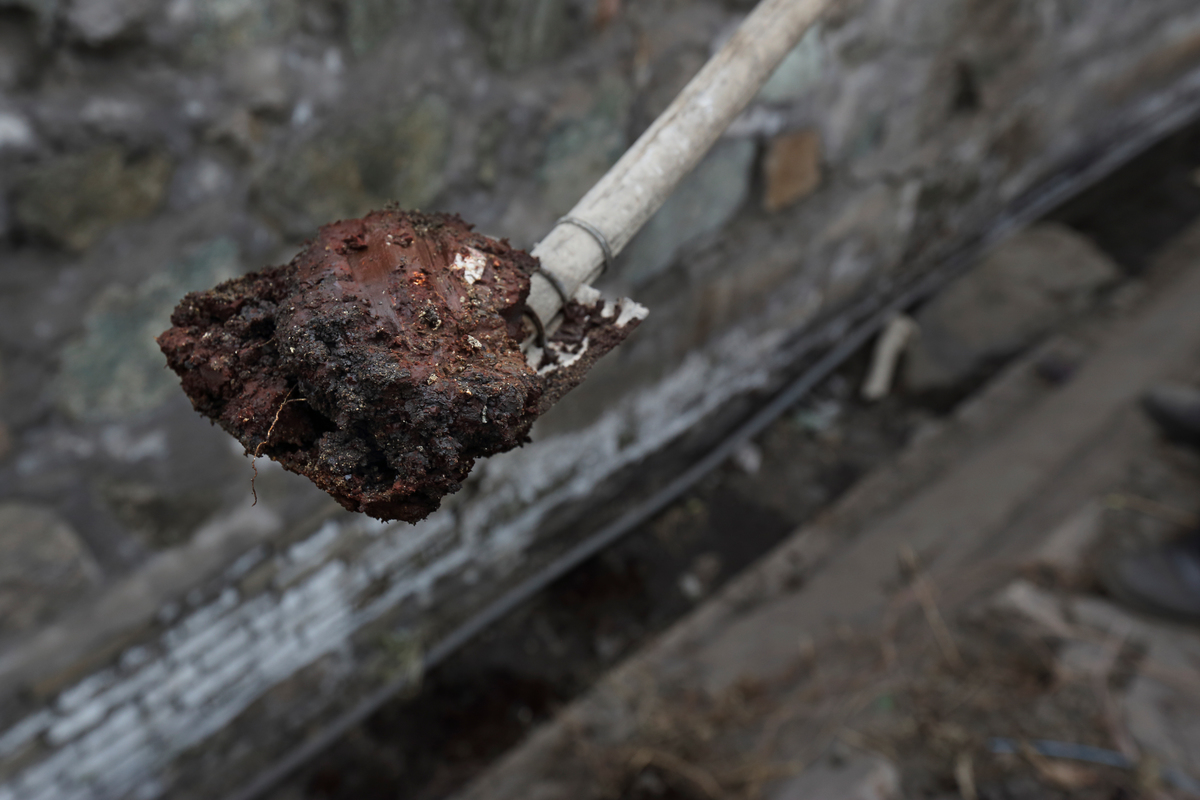
What’s hindering Australia’s transition to Green Iron?
Establishing a Green Iron industry comes with financial challenges and the need for scalability. Australia must address the environmental impacts and policy considerations associated with large-scale renewable energy projects. Additionally, engaging with trading partners as the world shifts to renewable economies will be crucial. The recommendations in the “Forging Our Future” report aim to guide Australia in seizing the Green Iron opportunity.
Let’s embrace Green Iron!
Green Iron presents a significant opportunity for climate action and economic growth. Australia must ensure minimal environmental impact and broad societal benefits while advancing towards a Green Iron industry to stay competitive in the global decarbonization movement.
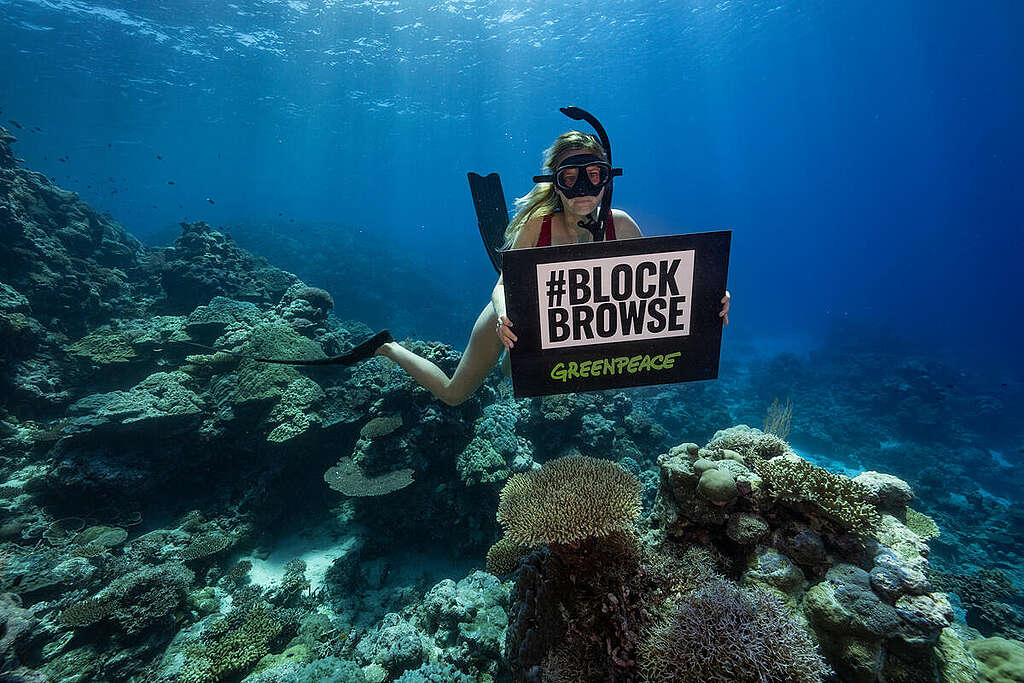
Tell your MP you want Woodside out of our oceans
Make sure the government pulls the plug on Woodside’s disastrous plans.
Send email

